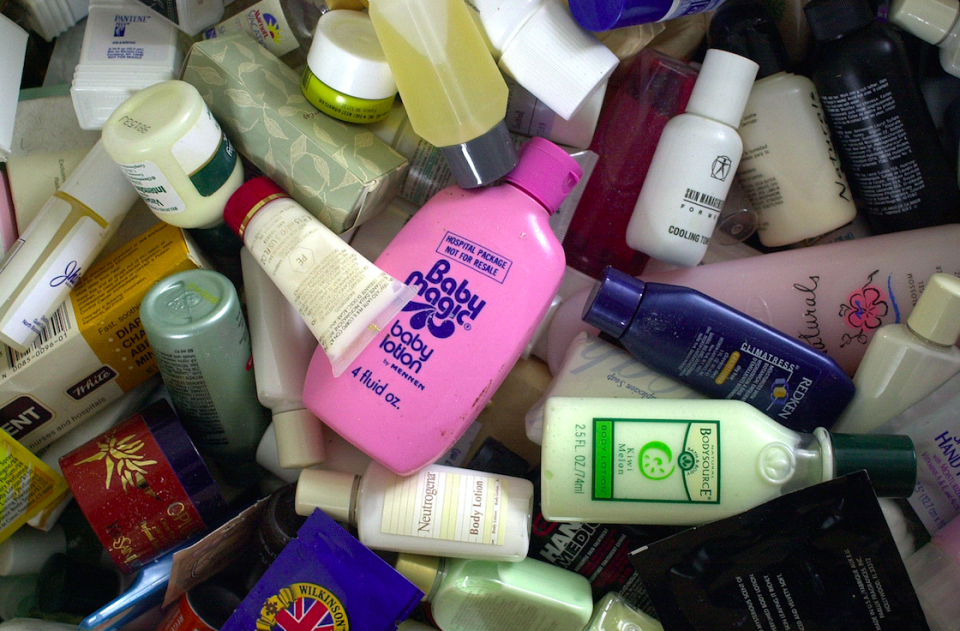MPs Call For Beauty Companies To Ban Microbeads

MPs are calling for a ban on microbeads [Photo: Giphy]
BREAKING! MPs are calling for a ban on microbeads. Good, it’s about time! They should have banned them sooner! Hold on a minute, a ban on what? What the hell are microbeads? And why are they so bad?
Allow us to enlighten you. Microbeads are the tiny little balls that you sometimes find in facial scrubs, shower gels, exfoliating scrubs and some toothpastes. They’re basically the little beads that help scrub the dead cells from your skin.
So what’s so bad about them? Well, they’re plastic for a start, which means they’re accumulating in the world’s seas and oceans causing serious marine pollution.
According to MPs on the Environmental Audit Committee, 680 tons of the tiny plastic balls are used in the UK each year and just one shower can wash up to 100,000 microbeads down the plughole and into the world’s seas.
The problem is that because the beads are so small they are not filtered out by water treatment centres, which means they escape into the sea where they can be eaten by wildlife, and then enter the food chain. As an example, research suggests, a plate of six oysters can contain up to 50 particles of plastic on average. Yuck.

What’s in your beauty products? [Photo: Getty]
Right now it’s up to cosmetic companies to voluntarily phase out the use of microbeads, which they’ve vowed to do by 2020. But the EAC say this isn’t going to cut it, and only a full legal ban on microbeads will bring about the change needed.
“Cosmetic companies’ voluntary approach to phasing out plastic microbeads simply won’t wash,” explains EAC chair Mary Creagh.
“We need a full legal ban – preferably at an international level, as pollution does not respect borders. If this isn’t possible after our vote to leave the EU, then the government should introduce a national ban. The best way to reduce this pollution is to prevent plastic being flushed into the sea in the first place.”
A Defra spokesman said it “will take a detailed look at the recommendations contained in this timely report” and will “now consider what further action is appropriate, and make any announcements in due course.”
While we wait for the outcome, the EAC is recommending that, if the government can’t introduce a full ban, they should enforce a requirement for clearer labelling so that we know whether the bath products we’re buying contain microbeads.
In the meantime it’s probably best to seek out products, which use natural rather than plastic exfoliants. Sand, sea salt, oatmeal and ground almonds are all good options.
Do you think microbeads should be banned? Join the debate @YahooStyleUK


